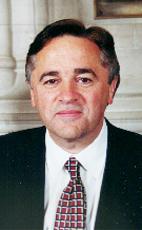The Department of Fisheries and Oceans has taken a number of steps to address concerns raised in the 1992 Auditor General's report.
In February 1993, a general manager at the executive level was appointed for the program with headquarters in St. John's, Newfoundland. This concentration of full line autority for managing program resources across all regions has streamlined decision making and reduced opportunities for diverting funds away from the program. The consolidation of two regional offices and a reduction of staff complement through attrition has resulted in increased efficiency at decreased costs.
Steps have been taken to ensure the implementation of a national FVIP data base by the first quarter of fiscal year 1993-94. This will provide needed management information for ensuring more efficient administration, establishing appropriate rate structures, maximizing revenue and setting national standards in a number of areas.
A training program developed for field officers on vessel appraisals and claims adjustments is now in progress. The first two week session began on February 28, 1994 and the second two week session started March 12, 1994. Training will also be provided as part of the data base implementation.
Updated procedures for the review and approval of claims now ensure that claims are forwarded to head office with proper documentation. As a result, HQ approval has been reduced to one week thus improving overall service to clients.
A report has been prepared assessing the reasons for the declining insurance base and recommending measures to reverse the trend. This report is now being analyzed.

